“Disrupting the international order” is a chapter by Brookings Institution President John R. Allen from “Shaping a Multiconceptual World,” a special report that was issued at the 2020 World Economic Forum in Davos.
Highlights from the chapter are below, and the full chapter can be found on page 12 of the special report.
John R. Allen argues in his chapter, “Disrupting the International Order”, that a “combination of economic and technological shifts” is reshaping the post-World War II international order in which U.S. leadership played a dominant role.
“The technological advances and an economic rebalancing under way are causing the world to enter a new phase – one where the non-Western powers, as well as some non-state actors, see low-cost and relatively low-risk opportunities to weaken the United States and the Western alliance,” he writes.
China is at the centre of this geopolitical rebalancing, bolstered by technological developments and its unrivalled export economy, Allen says.
China has “now moved into a new phase of expansion, in a global network of ports, technology plays and infrastructure assets that in some theatres seems purposefully designed to challenge the West,” Allen adds.
These shifting geopolitical sands have created the space for a new age of “great power competition” that increases the risk of military conflict on the global stage. To counter this threat, Allen calls for the strengthening of democratic, multilateral institutions, as well as constructive dialogue between the United States and China.
“No part of this challenge will be ameliorated by American unilateralism, British isolationism or Chinese expansionism – to say nothing of Russian revanchism,” he writes. “As unfashionable as it is to argue the case, the reality remains that the best guarantor of stability in the coming period is Western unity and a deepening, not weakening, of the alliance structure.
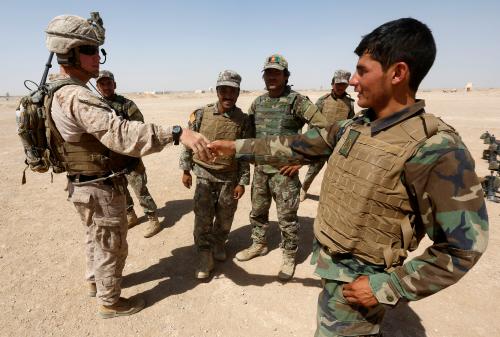
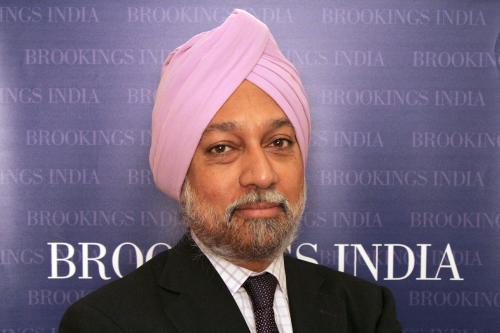
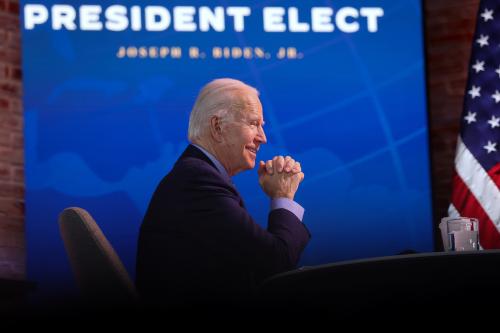
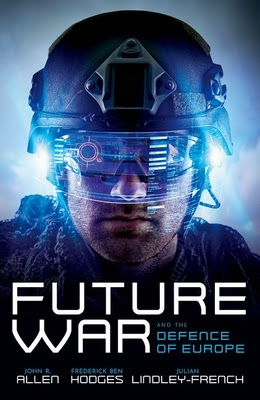
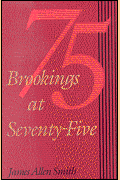
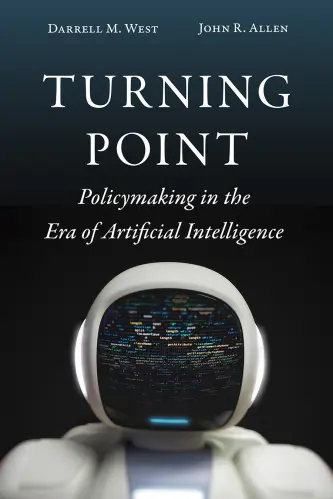

Commentary
Op-edDisrupting the international order
January 22, 2020